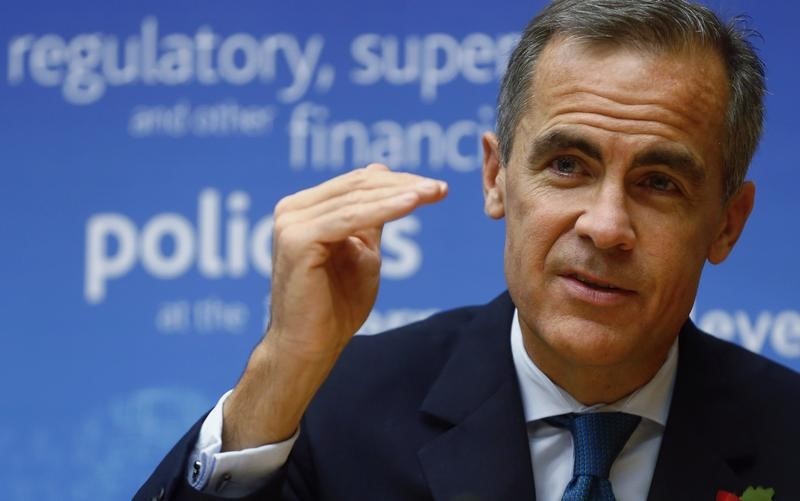By Douwe Miedema
WASHINGTON (Reuters) - A plan by regulators for the world's biggest banks to hold more capital to withstand financial shocks is overly demanding, major U.S. bank groups said on Monday, urging further study into how to avoid future taxpayer bailouts.
The proposal by the Financial Stability Board, a global group of regulators, would force big banks to have between 16 and 20 percent of their liabilities in equity and long-term bonds that can be written down in times of financial stress.
The banks supported the idea of boosting their capital buffers - so-called Total Loss Absorbing Capacity, or TLAC - to more than what is required by the internationally agreed Basel III rules, they said in a letter to the FSB.
"But our empirical analysis shows that a TLAC requirement calibrated even on the low end of the FSB's proposed range is more than is needed," said Paul Saltzman, who heads the Clearing House Association, one of the groups.
The letter was also signed by the Securities Industry and Financial Markets Association, the American Bankers Association and the Financial Services Roundtable. The banks did not give a number for what they thought the TLAC level should be.
The FSB launched the plan last year, marking a watershed in a quest to end taxpayer bailouts of banks, after governments spent billions of dollars on propping up Wall Street and European banks during the credit crisis.
The TLAC proposal will apply to the 30 largest banks across the world such as JP Morgan Chase (N:JPM), Goldman Sachs (N:GS), HSBC (L:HSBA), Credit Suisse (VX:CSGN), Santander (MC:SAN), and Mitsubishi UFJ FG (T:8306).
Such banks have often been seen as "too-big-to-fail," because their demise would wreak havoc in the financial system, and markets expected governments to always come to their rescue with taxpayer money if they landed in trouble.

The Federal Reserve is working on the U.S. implementation of the TLAC proposal. It has often come out with rules that are tougher than the global standards in the past few years.